Why Bob Marley Endures as the Ultimate Human Rights Icon
Bob Marley brought global attention to reggae. Today, the genre's themes of harmony are more significant than ever before.
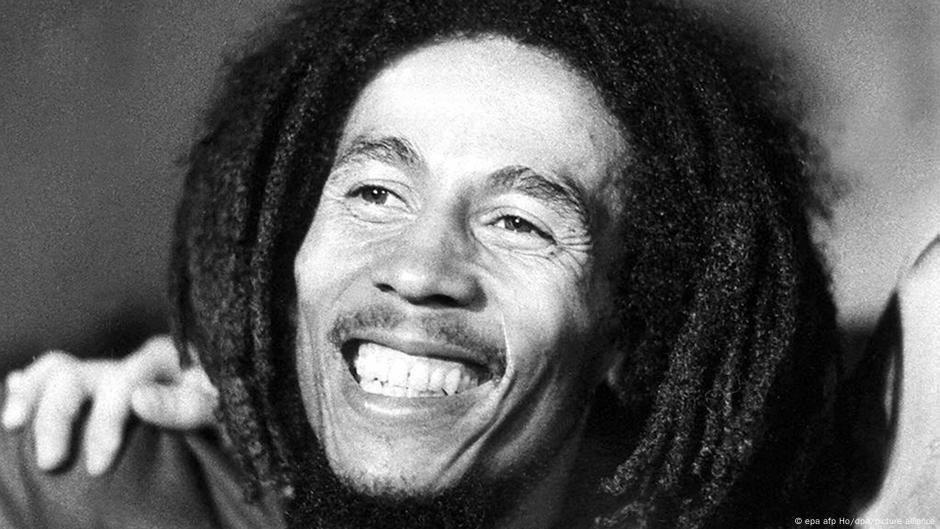
In June 1980, when Bob Marley performed live for an audience of 8,000 at the Cologne sports hall, he was battling the cancer that ultimately led to his death. Despite this, he retained his magnetic presence, enchanting listeners as he delivered renditions of "Redemption Song" along with some classic hits.
Less than a year later, on May 11, 1981, Bob Marley passed away due to complications from his illness. melanoma He was supposed to turn 80 on February 6, 2025.
Marley introduced reggae and its teachings to global audiences. His contributions were monumental, leading to the genre being recognized internationally as evidenced by its inclusion in UNESCO's list of intangible cultural heritage. Cultural Heritage .
Indeed, Marley's tunes will likely be playing in reggae Pubs seem to be found in nearly every part of the globe even today. The enduring influence of the cherished Jamaican musician was likewise honored during these events. 2024 movie "Bob Marley: One Love," inspired by his life.
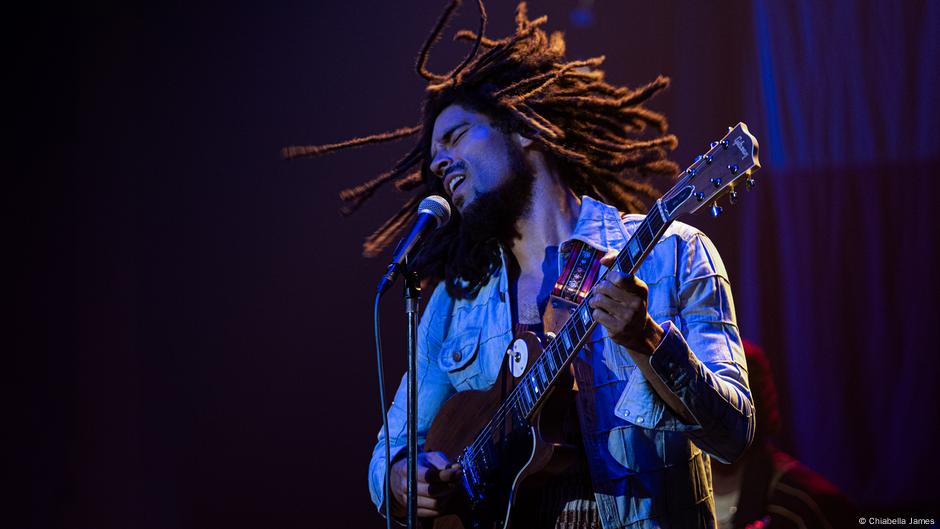
The political and spiritual themes in his music remain equally relevant amidst the current social upheavals.
A follower of Rastafari
Reggae has undoubtedly been shaped by Rastafari , the religious and political ideology that Bob Marley started to delve into at the age of 22. This particular movement was comparatively new religion developed in Jamaica when Haile Selassie On November 2, 1930, I became the Emperor of Ethiopia. Several years prior, Jamaican activist Marcus Garvey had prophesied the rise of a influential black monarch in Africa whose mission would be to lead the movement toward black freedom.
The Rastafari movement takes its name from Selassie's original name, Ras Tafari Makonnen. "Ras" means "prince" in Amharic, which is spoken in Ethiopia. Most believers saw Selassie as the second coming of Jesus Christ . Much of the Rastafarian faith is based on the Bible. Referencing the New Testament book of Revelation, Rastafarians await their return to Zion, the symbolic name for Africa used in the Bible. Tenets of the religion include living a life as close to nature as possible, and espousing the principles of love and peace, justice, unity and equality.
Rastafarianism rejects various types of political, cultural, and religious oppression and has become a global movement encompassing adherents from different ethnicities around the world. It is believed that currently between 700,000 and one million individuals follow this faith.
Despite common misconceptions, using marijuana is not inherently linked to the Rastafarian faith; however, numerous adherents view it as a means for enhancing awareness.
Bob Marley: The ambassador of reggae
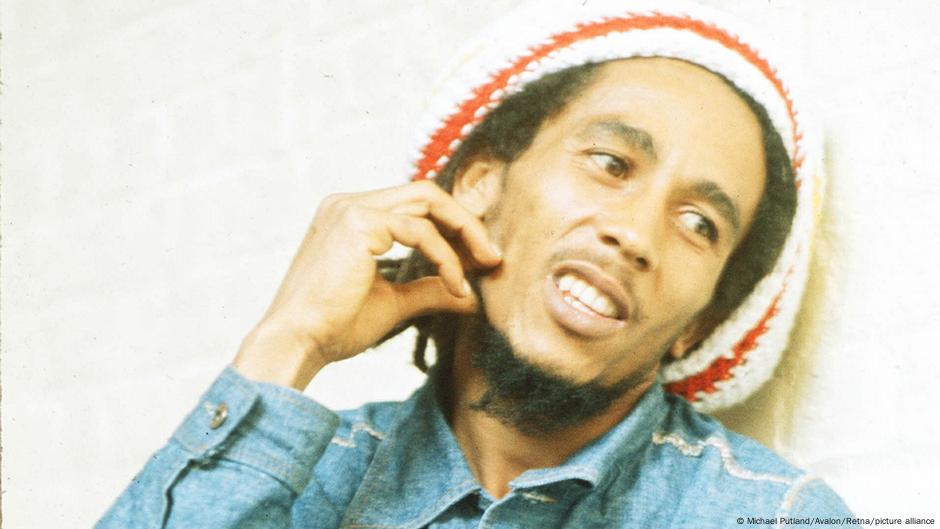
Bob Marley, recognized as the first global icon hailing from one of the countries known as part of the Global South, played a crucial role in popularizing reggae—the music of the Rastafarian community—worldwide.
Reggae emerged in Jamaica during the 1960s. This genre gained traction not only for its emphasis on social issues but also because of its connection to Rastafarian spirituality, which echoed similar themes found in various global folk styles at the time, including folk rock in America. Drawing inspiration from earlier musical forms such as mento, ska, soul, and rocksteady, reggae carved out its distinct identity.
Actually, when Bob Marley and the Wailers When they joined forces in 1963, they started with ska and dancehall music. However, they later shifted towards reggae, and in 1973, their album "Catch a Fire" was released globally.
The upbeat rhythm guitar combined with the entrancing bass lines proved perfect for conveying uplifting messages of peace and love. When Eric Clapton In 1974, when Bob Marley and the Wailers covered "I Shot the Sheriff," they catapulted themselves into the global limelight.
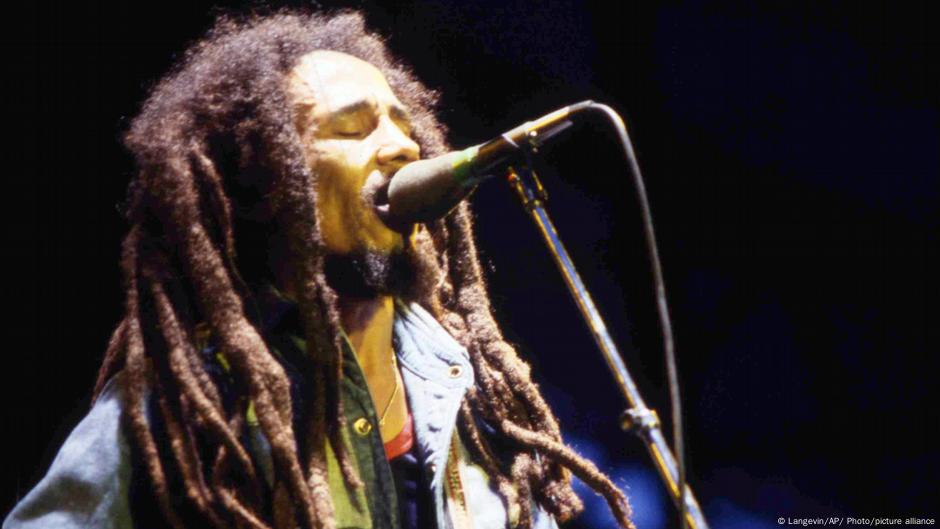
Songs of resistance
The spiritual essence of Rastafarianism frequently appears in Bob Marley’s music. Although his verses contain allusions to religion, they also highlight the everyday challenges faced by marginalized groups and recount the stories of slavery and inequity. Consequently, numerous of his tracks have come to symbolize defiance and the struggle against suppression worldwide.
After visiting Haiti, where he witnessed the impoverished conditions of the locals, Bob Marley wrote 'Get Up, Stand Up.' Duvalier In the era of dictatorship from 1957 to 1986, the song urges individuals to stand up for their rights and rely on their instincts. "Get Up, Stand Up" has been adopted as the de facto theme song by the organization Amnesty International.
In his 1979 track titled "Zimbabwe," Marley urges Africans to free the nation from British colonialism. He performed this song during Zimbabwe’s independence festivities in 1980, making it the country’s de facto national anthem.
Marley's legacy: 'Redemption Song'
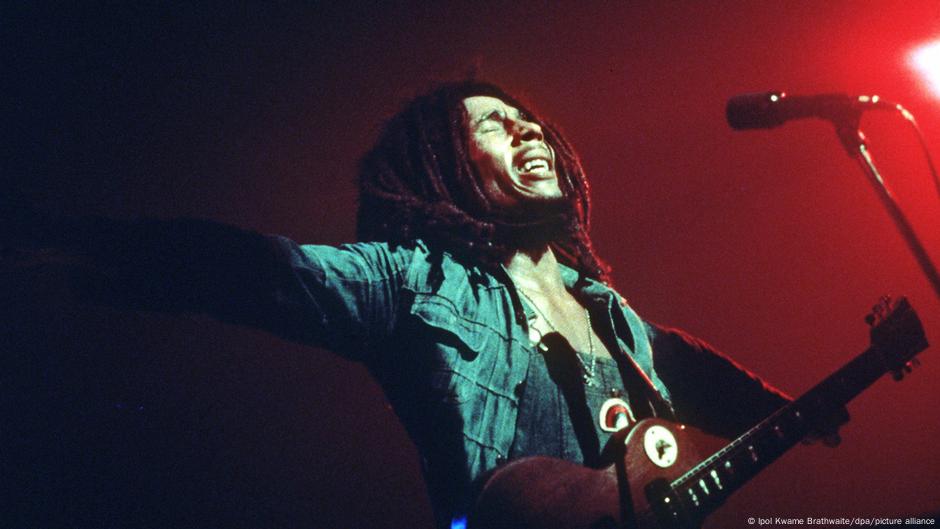
One of Bob Marley’s most renowned pieces, “Redemption Song,” marked a significant shift in musical style compared to much of his earlier work, prompting many to speculate whether he foresaw it as his final release before passing away—a potential valedictory statement to humanity. The lyrics incorporate a quote from the Rastafarian leader Marcus Garvey, who declared during a 1937 address: "None but ourselves can free our minds; emancipate yourselves from mental enslavement."
Moreover, Marley and his enduring influence persist in offering inspiration to individuals across the globe.
This is a revised edition of the article that was initially published in German in February 2024.
Author: Silke Wünsch

Post a Comment for "Why Bob Marley Endures as the Ultimate Human Rights Icon"